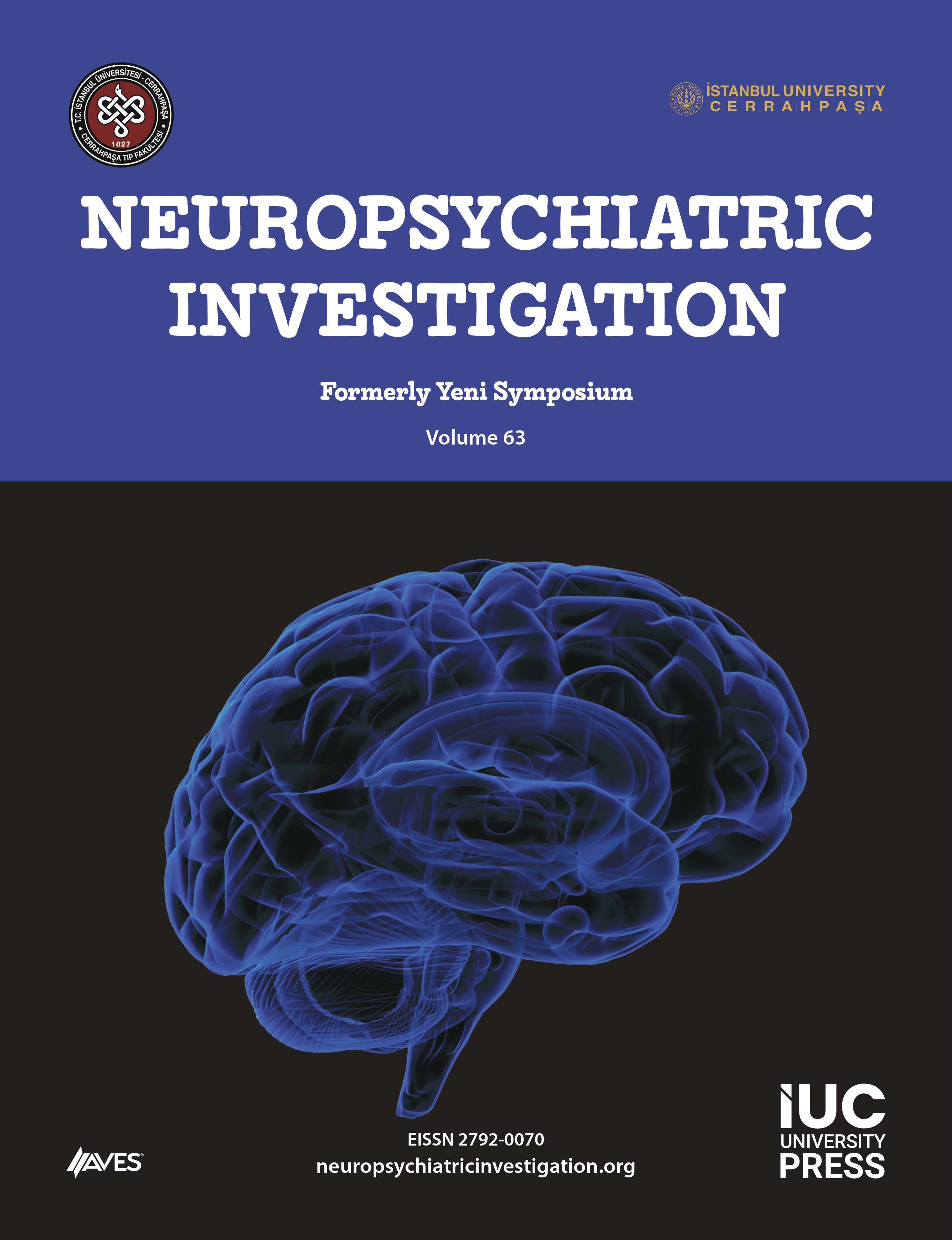Objective: Most of the theoretical models of addictive behaviors of Internet use based on the social cognitive model and suggested that Internet addiction is associated with a deficit in self-monitoring and self-regulation. On the other hand, researches have consistently reported associations between addictive Internet behaviors and a tendency to dissociate in clinical and non-clinical samples. Given the accumulating evidence in the literature, dissociative experiences may be a predisposing factor in the formation and perseverance of maladaptive use of the Internet. Within this context, the present study introduces a new psychometric instrument, the Van Online Dissociative Experiences Schedule (VODES), designed to assess online dissociative experiences.
Method: Seven hundred eighteen undergraduates (71.7% were female) volunteered to participate in the study. The mean age of the sample was 20.69 (SD ± 2.14). Participants completed the Van Online Dissociative Experiences Schedule (VODES) and Chen Internet Addiction Scale (CIAS).
Results: The result of principal components analysis showed that the four-factor (Identity confusion, Escapism/Detachment, Impairment in reality monitoring/Absorption, and Losing the sense of reality) solution explained 60.34% of the variance. Confirmatory factor analysis demonstrated that the four-factor model excellently fit data, and all items of the VODES loaded strongly (0.53 to 0.86) onto the respective latent factors. Moreover, VODES had excellent internal reliability (αs= 0.93 to 0.98) and test-retest reliability (r= 0.79 to 0.90). In addition, all four dimensions of the VODES were strongly associated with the addictive use of Internet.
Conclusions: This study showed that VODES is a promising and sound measure of online dissociation.




.png)